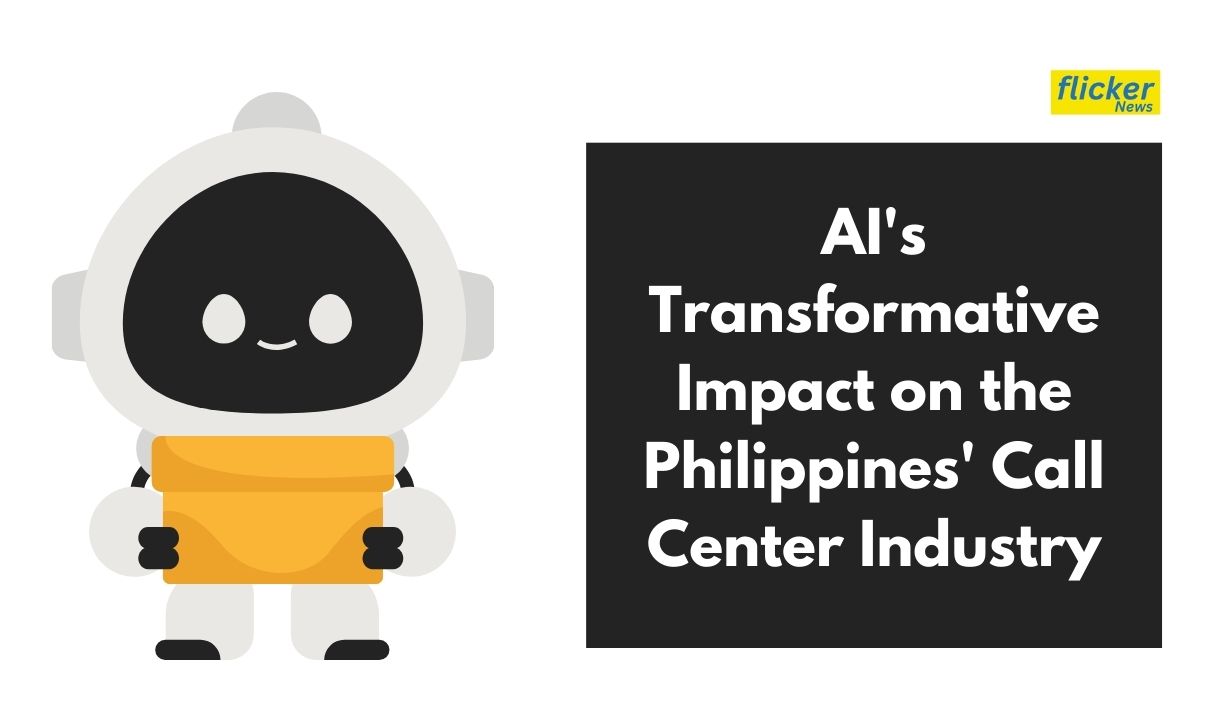AI’s Transformative Impact on the Philippines: The Philippines, known as the world’s call centre capital, is experiencing a significant transformation due to the rapid integration of artificial intelligence (AI) in its business process outsourcing (BPO) sector. This shift is reshaping customer service dynamics and raising critical questions about the future of jobs in the industry.
Current Landscape of AI in Call Centers
As AI technologies are advancing, Philippine call centres are increasingly adopting AI tools to enhance efficiency and customer service. Major companies are implementing AI-driven solutions such as chatbots, virtual assistants, and predictive analytics to automate routine tasks. These innovations not only streamline operations but also allow human agents to focus on more complex customer interactions, thereby improving overall service quality. The Contact Centre Association of the Philippines (CCAP) emphasizes that AI can boost productivity and revenue, countering fears of job losses.
Economic Implications
The BPO sector in the Philippines is a vital contributor to the national economy, generating approximately $29.5 billion in revenue in 2023. With projections suggesting this could double by 2028, the integration of AI is seen as essential for sustaining growth in this competitive landscape.
However, concerns are mounting regarding the potential displacement of jobs traditionally held by human workers. Reports indicate that AI could save call centers up to $80 billion by 2026 by replacing human agents with automated solutions
Job Security and Workforce
AdaptationPhilippine lawmakers, including Senator Risa Hontiveros, are actively addressing the potential risks posed by AI to employment in the BPO sector. Hontiveros has called for protective measures for workers and emphasized the need for ongoing education and training programs to equip employees with the skills necessary to thrive alongside AI technologies. While AI may automate basic tasks, the demand for skilled workers capable of handling complex and empathetic customer interactions is expected to rise, necessitating a shift in workforce training.
Future Outlook
As AI continues to evolve, the Philippines must adapt to these changes to maintain its status as a leading outsourcing destination. The integration of AI in call centers presents both challenges and opportunities. While the fear of job losses is prevalent, the potential for enhanced customer experiences and increased operational efficiency could ultimately lead to a more resilient BPO sector. The ongoing dialogue among industry leaders, government officials, and workers will be crucial in navigating this transition and ensuring that the benefits of AI are maximized while mitigating its risks.
In conclusion, the impact of AI on the Philippines’ call center industry is profound and multifaceted. As the country embraces these technological advancements, it must also prioritize workforce development and strategic planning to secure its economic future in an increasingly automated world.
Read Also: WhatsApp Introduce AR Effects and Filters for iPhone Users Soon




